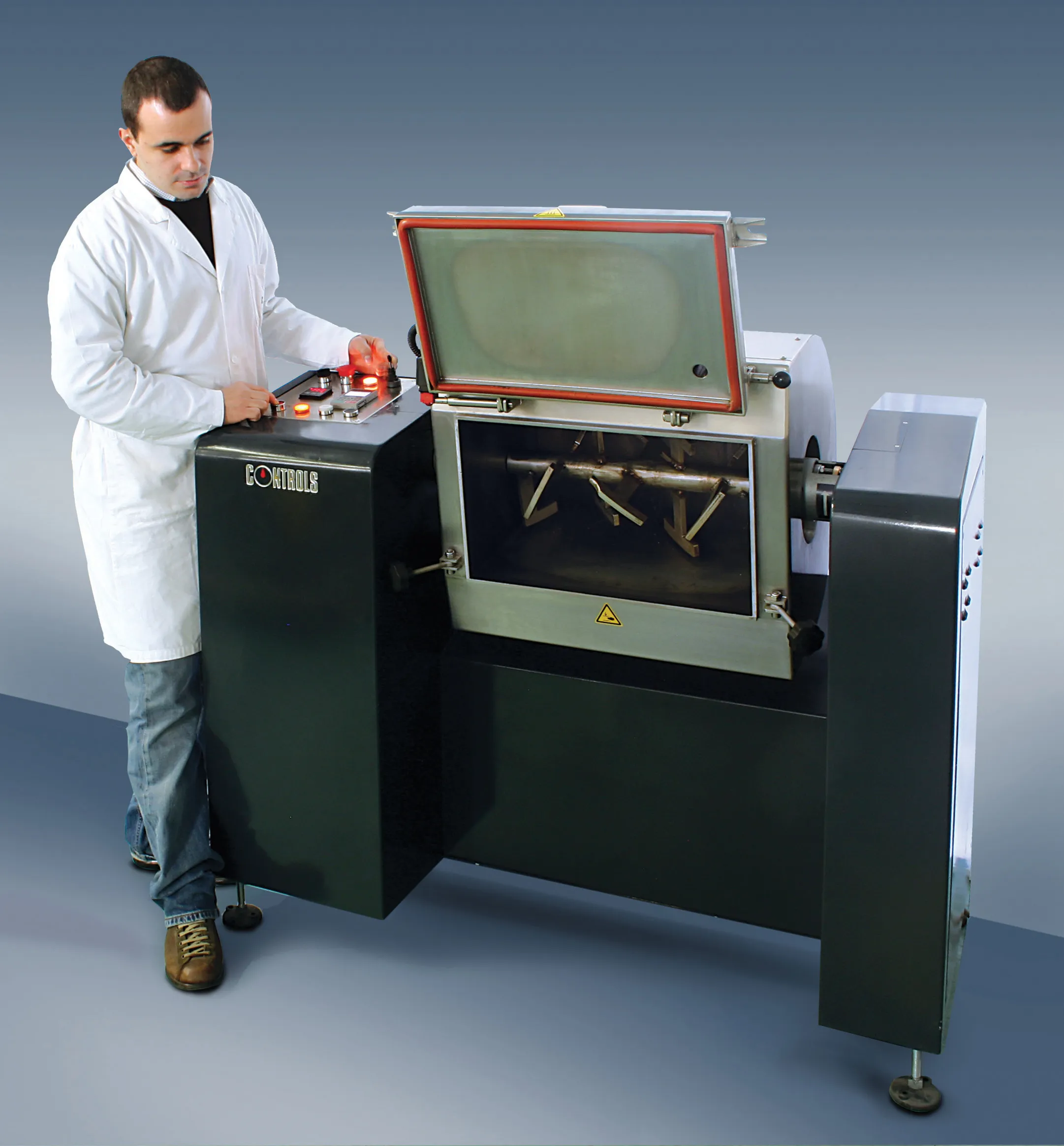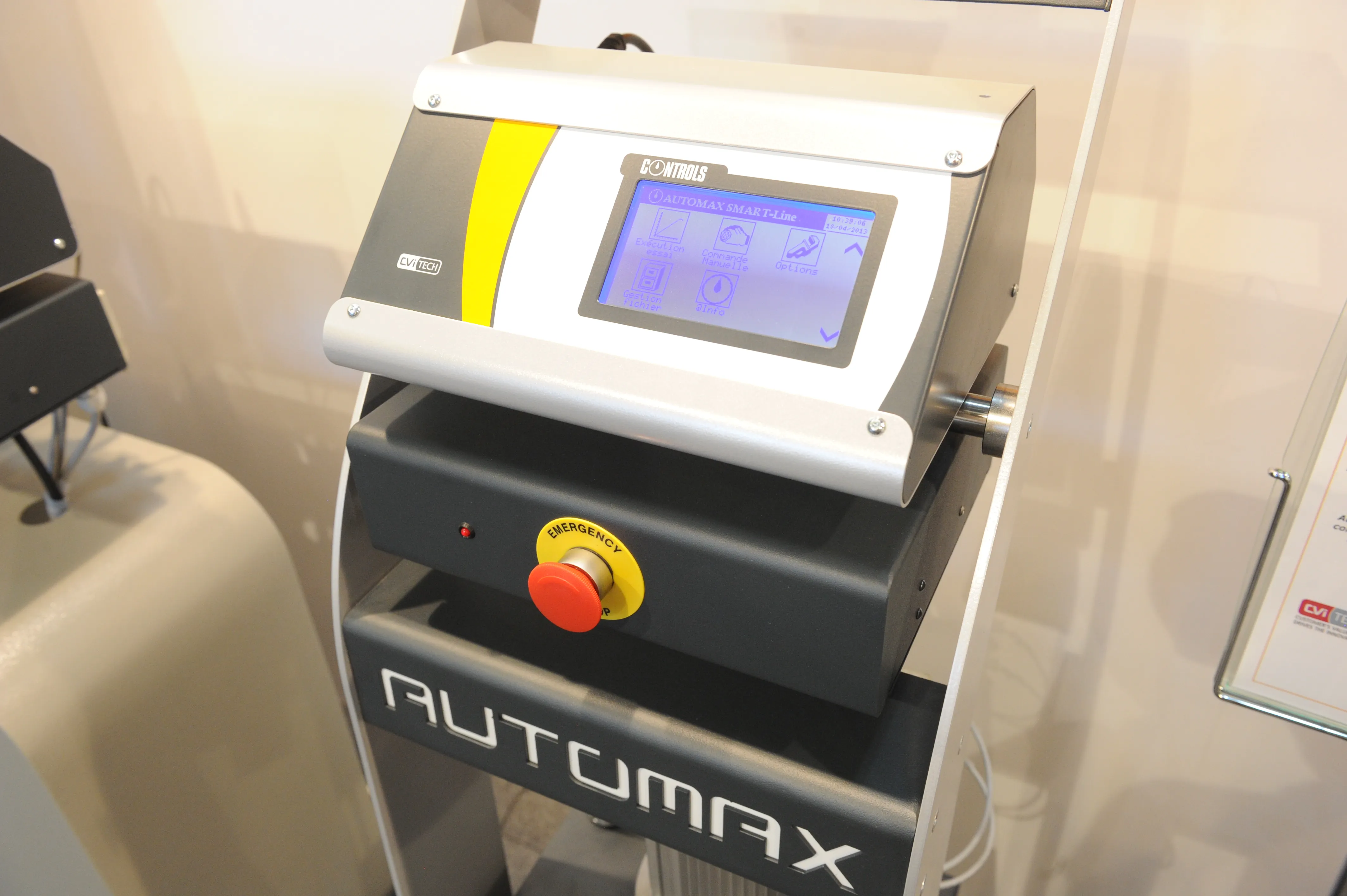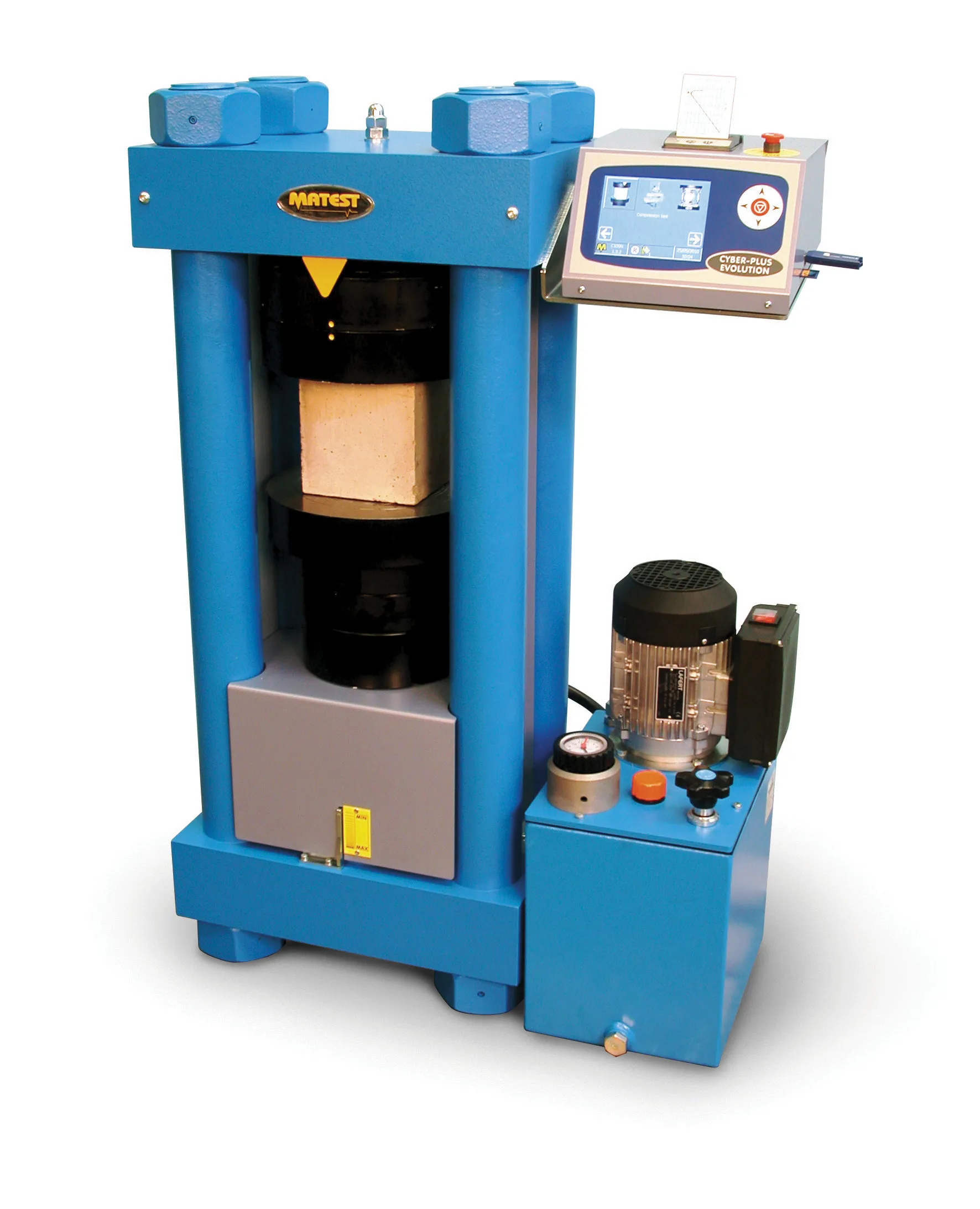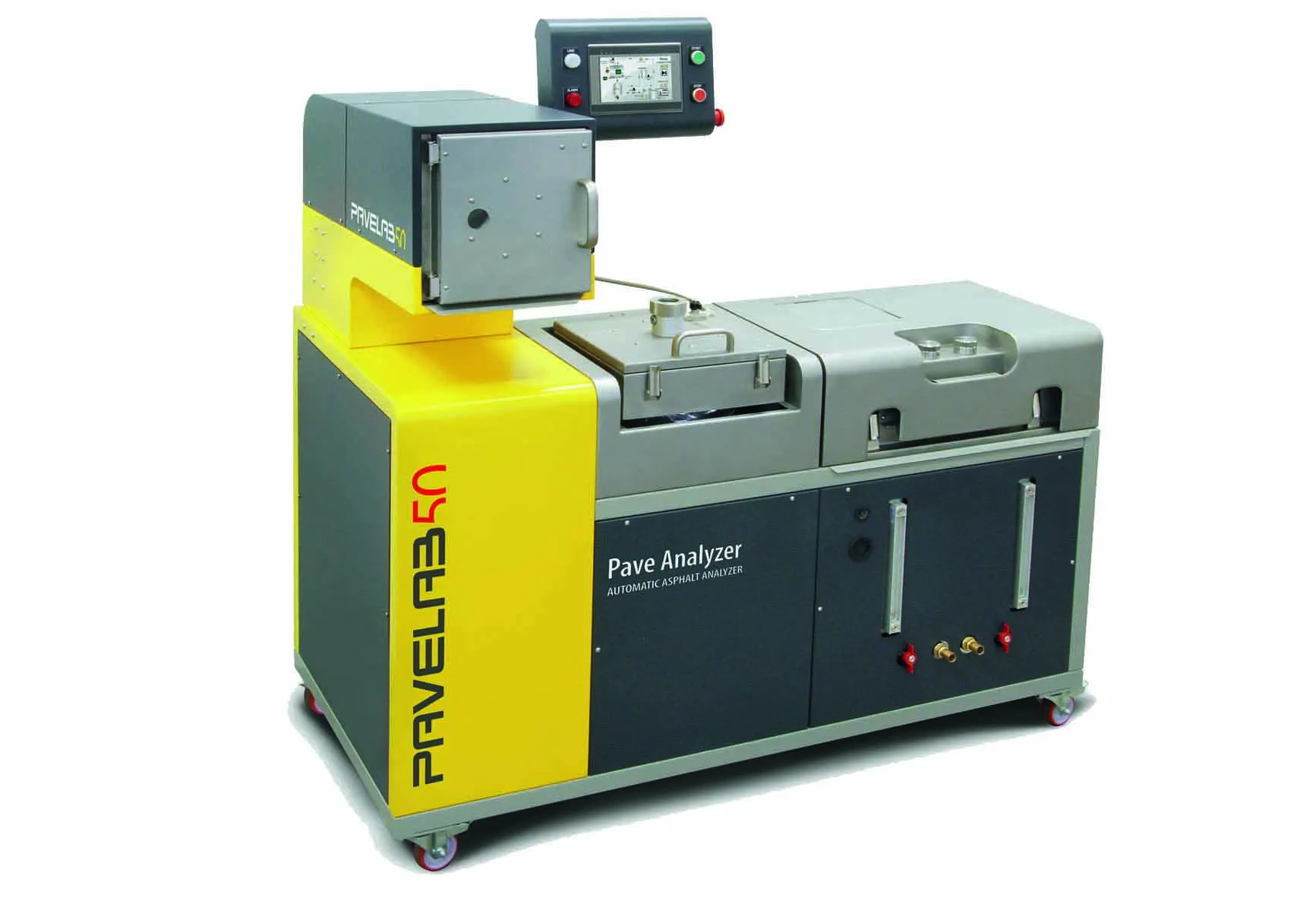The building of Italy's highway system just over four decades ago led to the formation of a testing equipment company. It is now among the world leaders. Just over 40 years ago a big surge in construction of the Italian highway system presented an opportunity to a team of local entrepreneurs.
February 21, 2012
Read time: 4 mins
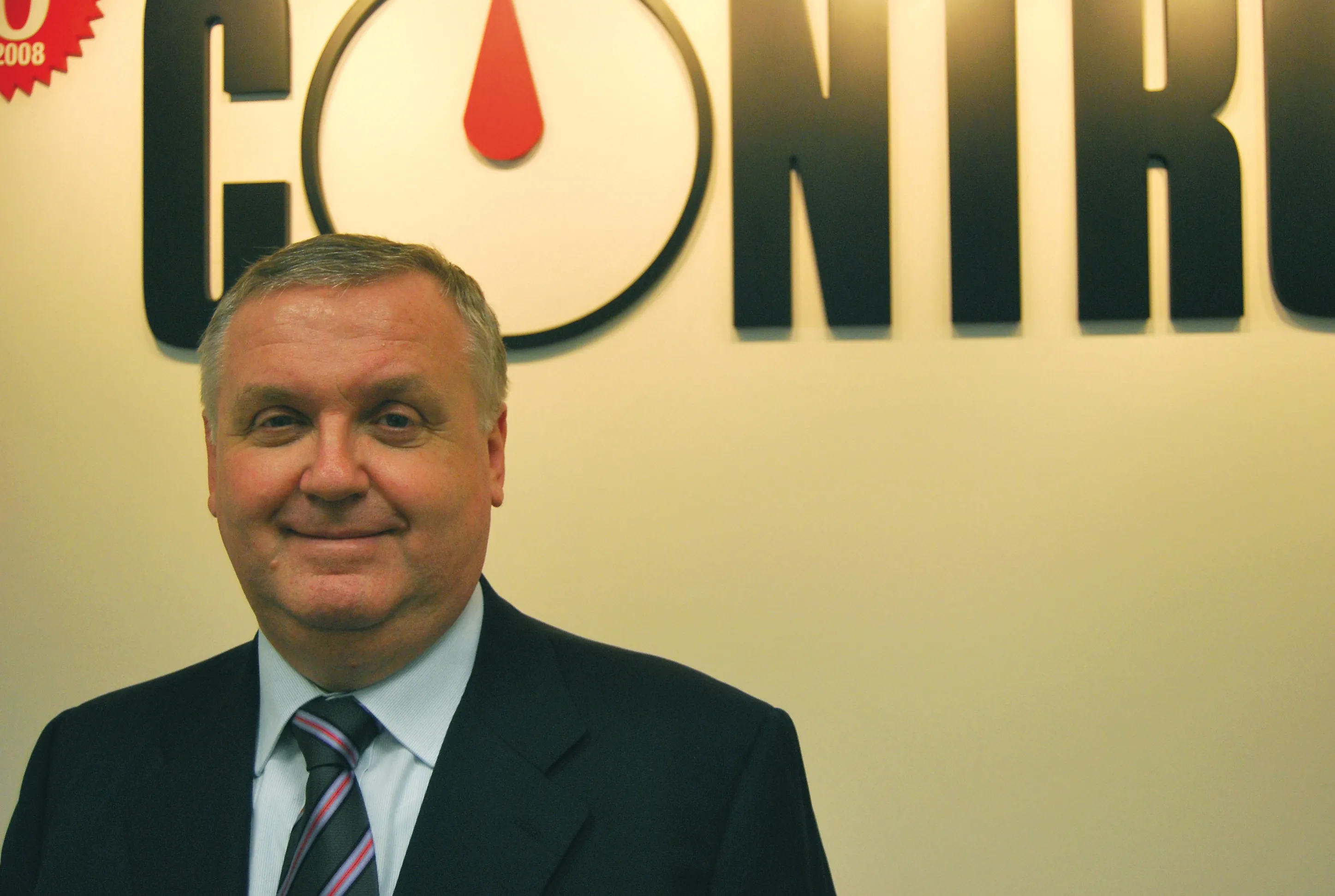
The building of Italy's highway system just over four decades ago led to the formation of a testing equipment company. It is now among the world leaders
Just over 40 years ago a big surge in construction of the Italian highway system presented an opportunity to a team of local entrepreneurs. This led to the formation of Controls, the asphalt and concrete testing equipment manufacturer and supplier, which has just completed another successful exhibition at the"Bauma represented a great opportunity where any prospective clients from any part of the world, involved with engineering and building construction, were able to meet all possible suppliers," said Flavio Galli, general manager operations and
It was in 1968 that Controls was founded by the team, which was able to take advantage of market opportunities presented by the highway construction programme coupled with the boom in the use of ready-mix concrete.
"After the war in the Persian Gulf in 1980, our attention was focused on the European market, which, while more difficult, was also more stable.
We established companies in the UK, France, Spain, Mexico and more recently in Poland. This new market also demanded a company working to high quality standards, and in the early 1990s we became ISO 9000 registered and an official SIT [Servizio di Taratura in Italia/Calibration Service in Italy] centre for the calibration of testing equipment," said Galli.
From the beginning Controls worked in close collaboration with the Italian (UNI) and European (CEN) Standards organisations for the elaboration of new standards and in this way it was also able to meet its clients' new demands in testing in advance. Based in Milan, the Controls Group's name was chosen because it was easy to understand in all languages and also easy to pronounce.
"From the mid-1990s we completely reorganised the company in line with an ambitious new development project to become world leaders in this field."This led to a decade of incredible growth which has allowed Controls to become
among the world leaders in the field of testing equipment for the construction industry." While compression machines for testing hard concrete samples have, been the company's bestselling products at Bauma it showcased a wide variety of equipment required for tests on main infrastructure projects such as roads, dams and railways, and launched new equipment: the PILOT 4, a new automatic concrete compression machine featuring a less energy-consuming hydraulic driving pump and a more user-friendly digital reader with touch-screen technology; the BITUMIX, a new enhanced version of its automatic laboratory mixer for bituminous mixtures, and a new frame to test flexural toughness of fibre reinforced concrete.
"For our typical clients the need for a new testing laboratory is strictly related to them being awarded a new project. As the number of projects and the decision criteria have also slowed down with the crisis, we are all preparing for a new growth stage.
"Surely it is now the most suitable time to look for cost reductions and more efficient solutions where possible, in line with the general policies adopted by all companies." Galli said that in line with the general trends that have affected all economies, Controls has seen a general slow-down in the decisionmaking process with continuous delays and postponements of new projects.
"At present we are adopting some general cost monitoring and cost reduction measures only (a severe cut to all unnecessary costs) and we transfer this benefit to our customers in terms of a better price for the product." He added: "As we are active in more than 120 countries of the world, every specific market and industry sector is important for us and we are actively working and hoping for a growth.
"All sector trends and forecasts are clearly indicating a general and consistent growth in all major economies starting from next year. This expectation will certainly boost the expenditures in new infrastructures and civil engineering."


